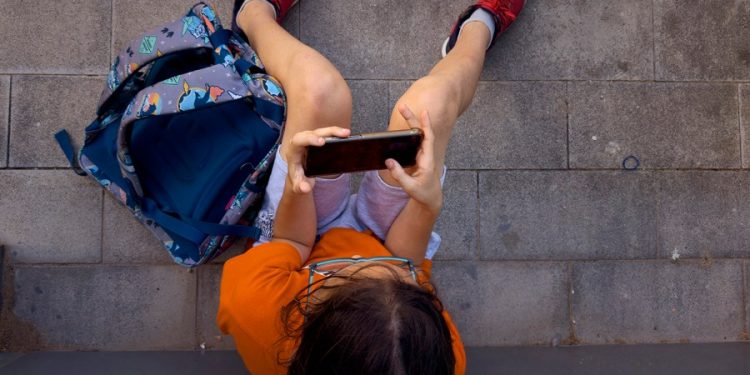The question of when children should get smartphones and whether these devices are harmful has sparked debate for years, but new research from the University of South Florida challenges some long-held assumptions.
Leading up to the study, researchers expected to find negative outcomes tied to smartphone use among children. Instead, they found the devices may not be as damaging to kids’ mental health as some believe and could, in fact, be beneficial.
Children with cellphones may fare better
Researchers surveyed approximately 1,500 middle school students, ages 11 to 13, asking about their digital use and lives, self-esteem and whether they dealt with anxiety or depression.
Children with smartphones said they were more likely to spend time with friends in person and had higher self-esteem. They were also less likely to say they felt depressed — 80 percent of smartphone owners said they weren’t depressed, compared to just 69 percent of non-owners, according to the data.
“It appears that just as adults need smartphones to have vibrant, thriving social lives, kids do as well … Seventy-eight percent of kids in our survey had their own smartphones, ” said Justin Martin, a professor of media ethics at the University of South Florida.
“The other 20 or so percent of kids likely feel excluded, they’re more likely to be cyberbullied, and they’re kind of left out of the conversations,” he added.
Social media can lead to depression
The study challenges past research, including a 2022 study that linked frequent smartphone use to poorer mental health in children and teens.
That study was criticized by some, including social psychologist Jonathan Haidt, author of “The Anxious Generation,” a book on the “rewiring of childhood” through smartphones, who called the study flawed.
However, the Florida study’s researchers acknowledged smartphone use wasn’t all positive.
They noted that certain activities, particularly posting on social media, were tied to increased anxiety and depression in some children.
Researchers said it’s not just about how much screen time kids are getting — it’s about what they’re doing on their phones and how those interactions affect them.















